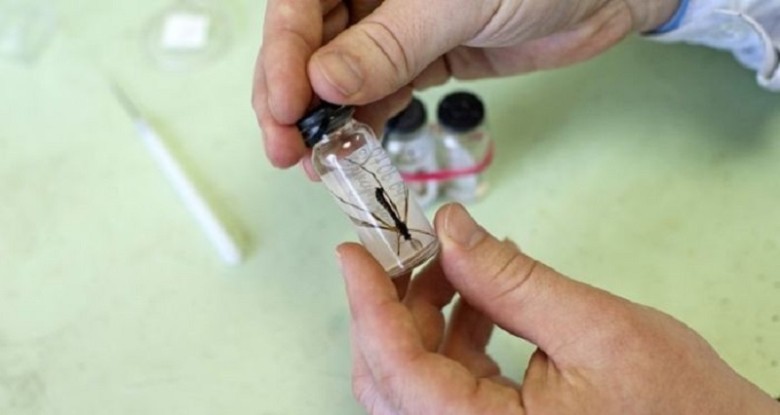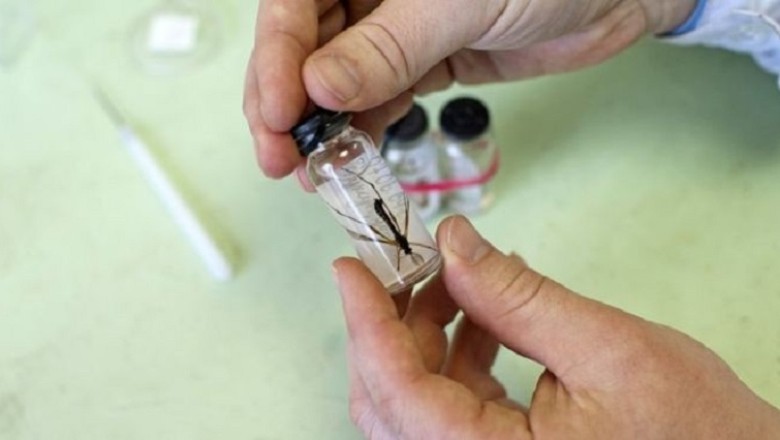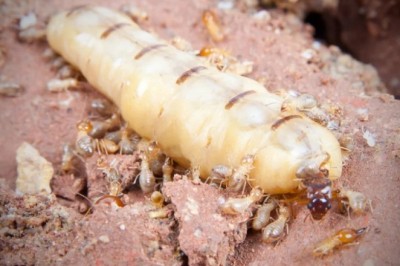Resilient African Mosquito Larvae: Unraveling the Secrets of Self-Desiccation and Resurrection

Russian and Japanese biologists have delved into the extraordinary resilience of African mosquitoes, specifically their larvae, shedding light on the fascinating ability to desiccate themselves during drought and then resurrect as the rainy season returns. This unique adaptation has intrigued researchers, prompting a deeper investigation into the underlying genetic mechanisms that enable these insects to survive extreme environmental conditions.
Unveiling Nature's Superheroes
Throughout history, naturalists and biologists have encountered numerous animal species with exceptional vitality. From frogs surviving freezing temperatures to tardigrades enduring the harsh conditions of outer space, nature showcases a diverse array of resilient organisms. Among these remarkable creatures stand the African lungfish and the mosquito species Polypedilum vanderplanki, known for their unparalleled survival strategies.
The African lungfish can enter prolonged hibernation when water sources dry up, while the larvae of P. vanderplanki possess the unique ability to desiccate themselves during drought periods and revive when moisture returns. These examples highlight nature's ingenuity in equipping organisms with mechanisms to withstand challenging environments.
Deciphering the Superpower
Led by Pavel Mazin and guided by Mikhail Gelfand, biologists embarked on a quest to unravel the mystery behind the resilience of African mosquitoes. By comparing the genomes of P. vanderplanki and another African mosquito species, P. nubifer, researchers aimed to identify the key genes facilitating the desiccation process and protecting larvae from potential threats during dehydration.
Geneticists explain that the larvae's dehydration process involves the replacement of water molecules with a special sugary substance called trehalose. This sugar plays a crucial role in maintaining the structural integrity of mosquito cells, preventing damage and enabling the insects to 'resurrect' upon rehydration.
In addition to trehalose, the larvae produce other protective molecules that safeguard proteins from oxidants and other harmful substances during the anhydrous state known as "anabiosis." The discovery that a single protein, the Hsf signaling molecule, orchestrates these essential functions in African mosquitoes sheds light on their genetic adaptation for survival.
The Role of Hsf Signaling Molecule
Under normal circumstances, the Hsf protein responds to stress by activating various amino acid chains that protect cells from environmental threats like heat shock and cold. However, in African mosquitoes, this protein plays a distinct role in triggering the production of trehalose and antioxidants, crucial for preserving cellular proteins during desiccation.
Experiments conducted by Gelfand and his team demonstrated the pivotal role of the Hsf gene in the larvae's resilience. When the gene was silenced, mosquito larvae failed to survive desiccation, underscoring its critical function in their ability to endure extreme conditions.
The surprising discovery that the Hsf gene, which is essential for stress responses in most animal species, has been repurposed by P. vanderplanki for survival poses intriguing questions about the evolutionary adaptation process that led to this genetic 'hack.'
The Path Forward
As scientists continue to explore the genetic blueprint of these resilient mosquitoes, they aim to unravel how P. vanderplanki acquired and modified the Hsf gene to suit its unique survival needs. Further insights into this genetic adaptation hold the potential to enhance our understanding of evolutionary processes and the remarkable strategies employed by organisms to thrive in challenging environments.

In conclusion, the discovery of the self-desiccation and resurrection ability of African mosquito larvae unveils a fascinating aspect of nature's resilience and adaptation. By deciphering the genetic mechanisms behind this superpower, researchers have paved the way for future investigations into the genetic evolution of organisms facing extreme environmental conditions.















Comments
0 comment